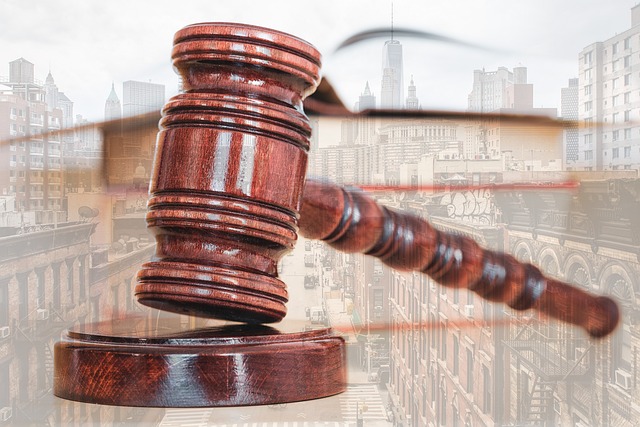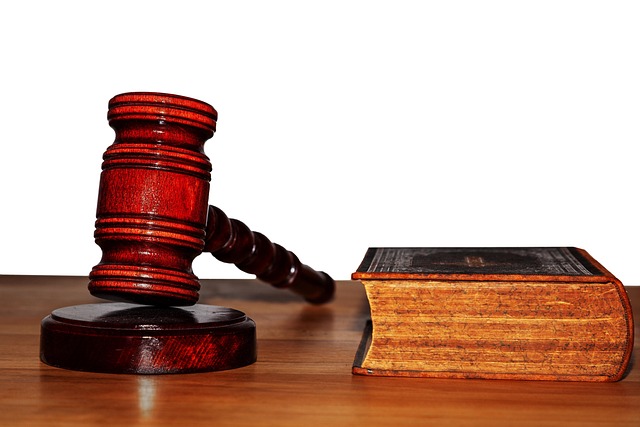Criminal law enforcement hinges on a dynamic relationship between officers and legal professionals. Police gather evidence while attorneys specializing in criminal defense protect the rights of the accused, addressing concerns from philanthropy and politics. Defamation of character, a civil offense involving false statements damaging reputation, requires expert legal counsel. When seeking advice on defamation, defendants must prove truth as a defense, balancing freedom of speech with reputation protection. Legal professionals navigate complex landscapes, gathering evidence within time limits, assessing cases, identifying defenses, and protecting client rights. In criminal accusations, challenging evidence, testimonies, and context is key; in defamation, scrutinizing character assassination claims is vital. Experts emphasize understanding witness statements to expose biases or inconsistencies, presenting strong narratives that refute charges and highlight integrity, especially crucial in corporate and economic crime cases.
“Unraveling the intricate world of criminal law enforcement, this comprehensive guide delves into the multifaceted roles and responsibilities that shape our justice system. From understanding defamation of character—its definitions, examples, and legal implications—to navigating the process of seeking expert legal advice in such cases, it offers a detailed roadmap.
Furthermore, it explores effective defense strategies, empowering individuals to build robust cases against accusations. Essential insights for anyone seeking clarity in the complex realm of defamation law and legal representation.”
- Understanding Criminal Law Enforcement: An Overview of Roles and Responsibilities
- Defamation of Character: Definition, Examples, and Legal Implications
- Seeking Legal Advice: Navigating the Process for Defamation Cases
- Strategies for Defense: Building a Strong Case Against Accusations
Understanding Criminal Law Enforcement: An Overview of Roles and Responsibilities
Criminal law enforcement involves a complex web of roles and responsibilities designed to maintain societal order and ensure justice. At the heart of this system are law enforcement officers, such as police detectives and investigators, who play a crucial role in identifying and apprehending criminals. Their work includes gathering evidence, conducting interviews, and enforcing laws that protect communities. These professionals navigate the intricate landscape of criminal procedure, often requiring them to have a deep understanding of search and seizure laws, arrest protocols, and constitutional rights.
The process extends beyond initial investigation, as attorneys specializing in criminal defense step in to provide legal advice to their respective business, corporate, and individual clients. They ensure that the rights of the accused are protected throughout the proceedings, including during trials where they present arguments, challenge evidence, and advocate for their clients’ freedom. This collaborative effort between law enforcement and legal professionals is vital for maintaining a fair and just criminal justice system, addressing concerns raised by the philanthropic and political communities alike. Additionally, defamation of character cases often emerge within this context, requiring both parties to seek expert legal advice to navigate these delicate matters effectively.
Defamation of Character: Definition, Examples, and Legal Implications
Defamation of character is a legal term that refers to making false statements about someone’s personality or conduct, which damages their reputation. It’s a civil offense that can lead to significant emotional distress for victims and has substantial legal implications. Examples include accusing someone of criminal behavior they didn’t commit, spreading harmful rumors, or publicly sharing false information that injures their professional or personal relationships.
When it comes to legal advice on defamation of character, the focus is often on distinguishing between an honest opinion and a false statement. Defendants in civil cases, especially those involved in white-collar defense, aiming for winning challenging defense verdicts, need to prove the truth of their statements as a defense. This can be complex, as courts strive to balance freedom of speech with the right to protect one’s reputation from malicious or negligent harm.
Seeking Legal Advice: Navigating the Process for Defamation Cases
Seeking legal advice is a crucial step for anyone facing a defamation of character case. It’s essential to understand that defending against such allegations can be complex and requires specialized knowledge. When navigating this process, individuals should look for attorneys with an unprecedented track record in achieving extraordinary results and winning challenging defense verdicts. They must possess the expertise to unravel intricate legal matters and present compelling arguments.
The first step involves gathering evidence, including any communication or statements that could be considered defamatory. It’s vital to act promptly as time limits for filing legal responses exist. The attorney will assess the case, determine potential defenses, and guide their client through each stage of the legal process, ensuring their rights are protected and aiming for a favorable outcome.
Strategies for Defense: Building a Strong Case Against Accusations
When facing criminal accusations, a robust defense strategy is paramount. One effective approach involves challenging the credibility of evidence and testimonies. This includes scrutinizing any potential bias or inconsistencies in witness accounts. Legal experts advise that understanding the context behind statements can be pivotal, as mere words might be taken out of proportion. For instance, in cases of defamation, character assassination claims must be rigorously examined.
A comprehensive defense strategy may also involve gathering evidence to disprove allegations. This could include alibi witnesses, financial records in white-collar crime cases, or expert opinions to counter technical accusations. Achieving extraordinary results often hinges on presenting a compelling narrative that not only refutes the charges but also highlights the client’s character and integrity, especially in matters involving corporate and individual clients accused of economic crimes.
In navigating complex legal landscapes, understanding criminal law enforcement and its intricacies is paramount. The article has delved into crucial aspects, from the multifaceted roles within law enforcement to strategies for both prosecution and defense, including handling defamation of character cases. By exploring legal advice as a navigation tool, individuals can better protect their rights and build strong defenses. Remember that seeking professional guidance on defamation of character legal advice is essential when facing such accusations, ensuring a fair and just outcome.






